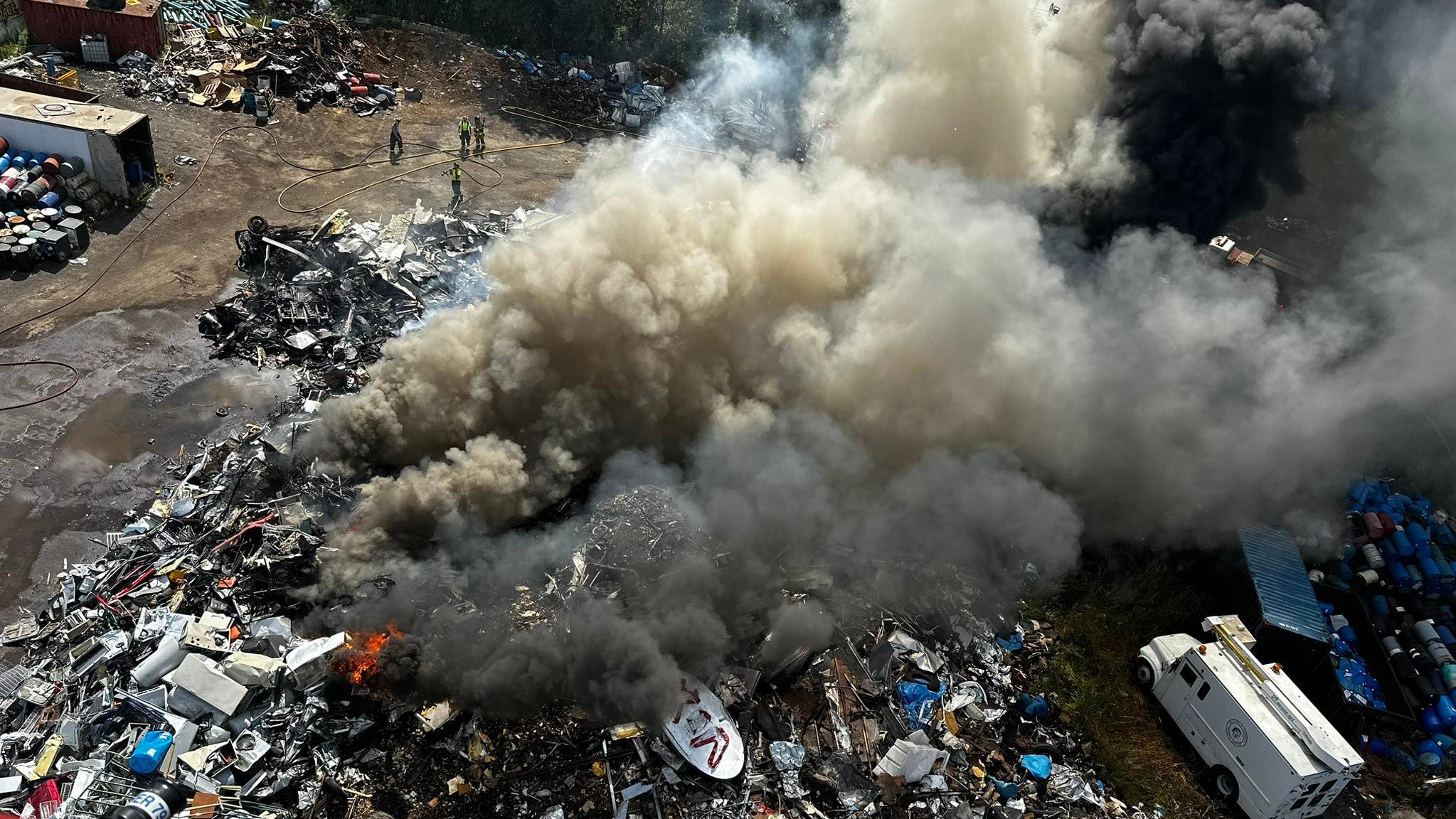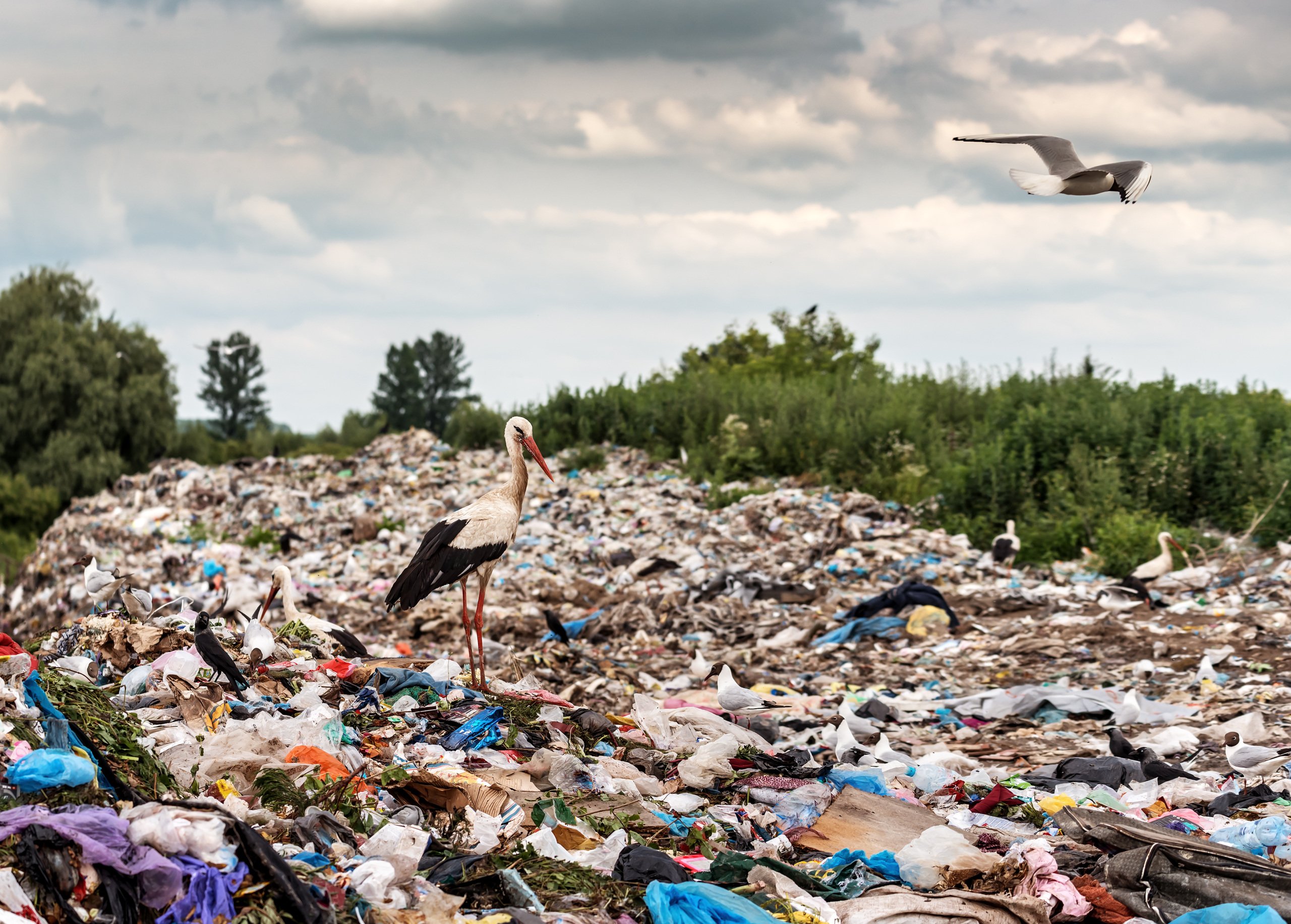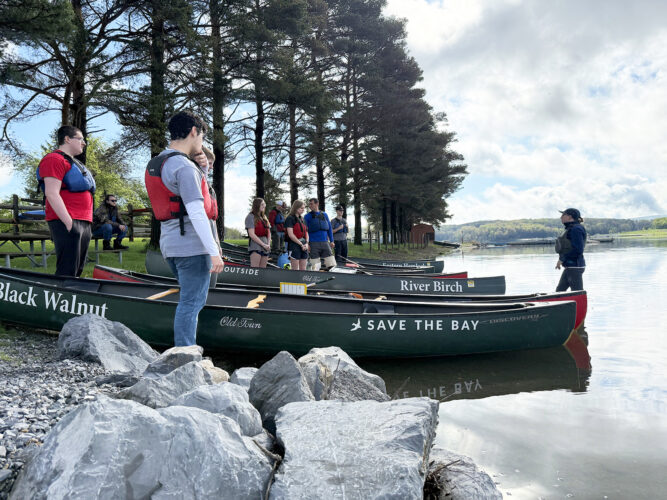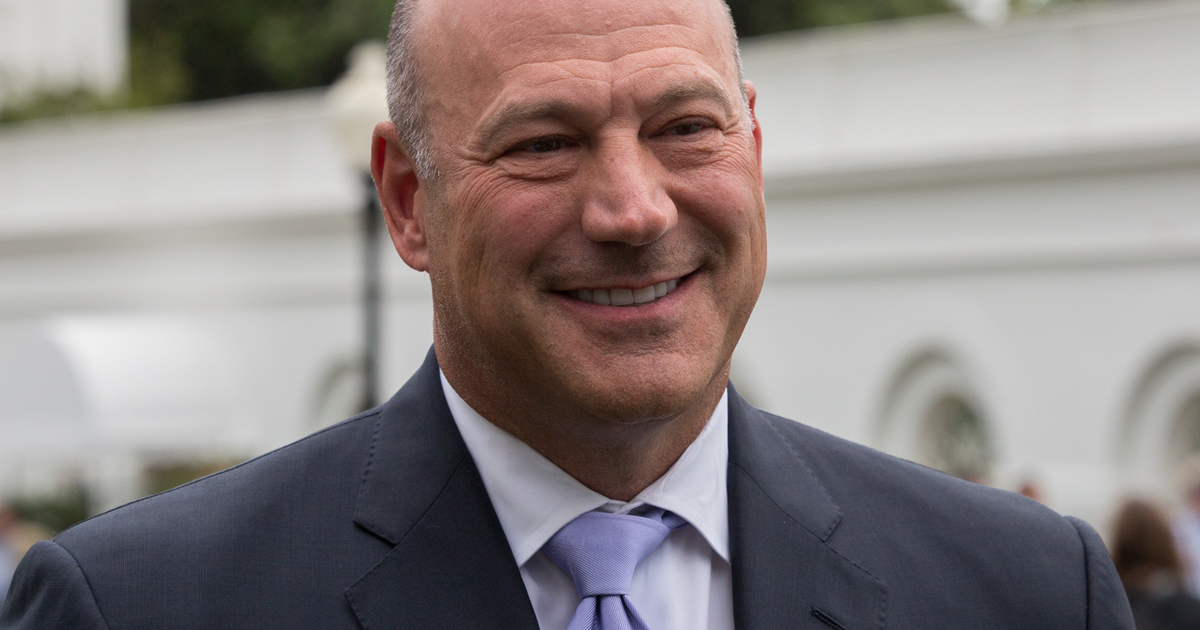
Global Alliance Unleashes Innovative Assault on Antibiotic Pollution: C-CAMP and UK Join Forces
Bengaluru Leads the Charge Against Antimicrobial Resistance with Groundbreaking Research Initiative The Centre for Cellular and Molecular Platforms (C-CAMP) in Bengaluru has taken a bold step forward in the global fight against antimicrobial resistance. On Thursday, the research hub unveiled an exciting new research call, generously supported by the United Kingdom's Global Antimicrobial Resistance (AMR) innovation program. This cutting-edge initiative aims to mobilize India's top scientific minds to develop innovative solutions to one of the most pressing healthcare challenges of our time. By bringing together brilliant researchers and providing critical funding, C-CAMP is positioning itself at the forefront of combating the growing threat of drug-resistant infections. The research call represents a significant collaborative effort between Indian scientific institutions and international partners, highlighting the global nature of the antimicrobial resistance challenge. Researchers across the country are now invited to submit groundbreaking proposals that could potentially revolutionize our approach to fighting resistant microorganisms.









